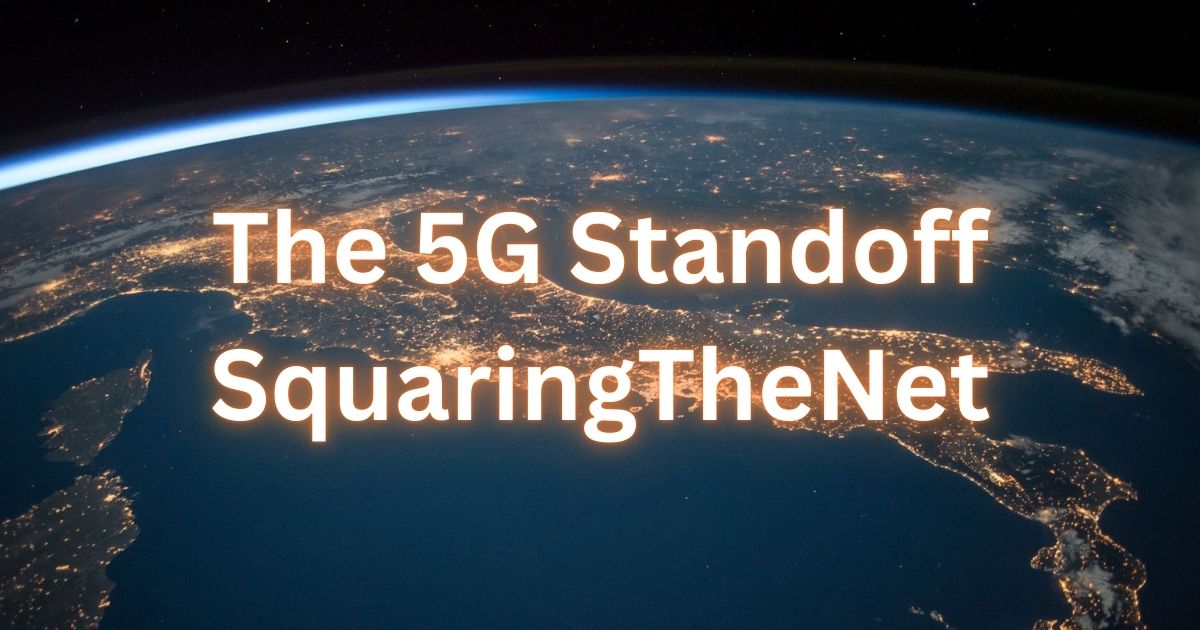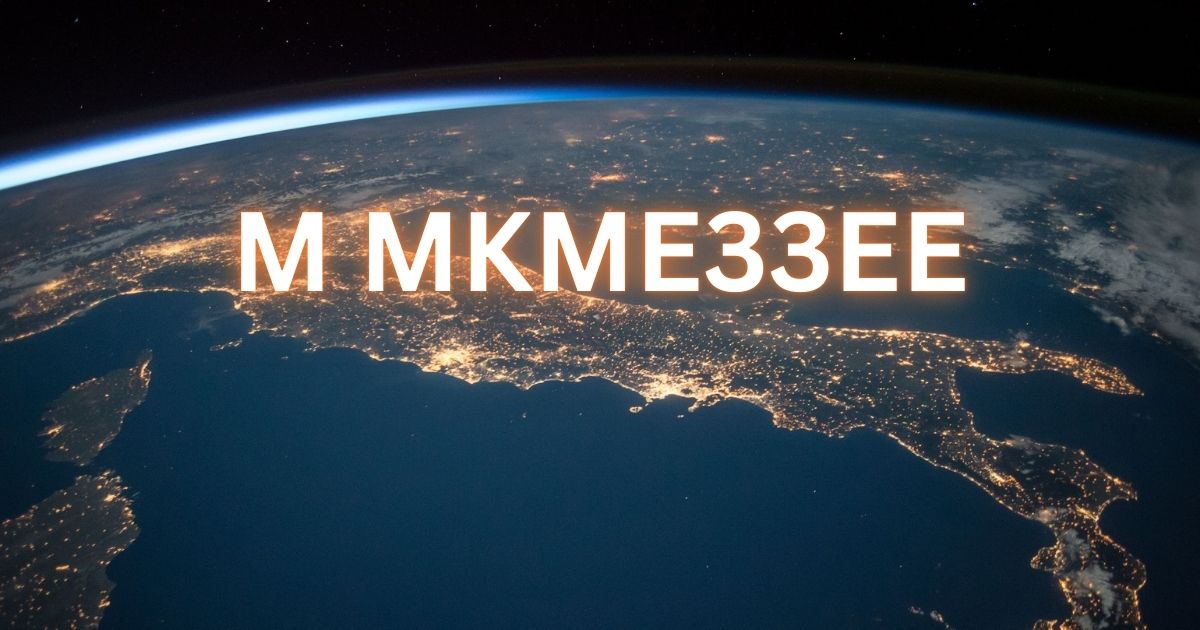The 5G standoff, often described as “squaring the net,” highlights the global race to implement 5G technology, with significant geopolitical, economic, and technological implications. Here’s an overview of the situation and its impact:
Technological Advancements and Benefits
5G represents a leap in connectivity, offering:
- Increased Speed: Up to 100 times faster than 4G, supporting high-definition streaming and instantaneous data transfers.
- Ultra-Low Latency: Essential for real-time applications like autonomous vehicles and remote surgeries.
- Enhanced Capacity: Supports a massive number of devices simultaneously, enabling smart cities and expanded IoT integration.
- Efficiency: More energy-efficient and environmentally friendly than previous generations.
Challenges and Concerns
- Security Risks: Nations, particularly the U.S., have raised concerns about potential espionage from companies like Huawei, leading to restrictions on their involvement in 5G infrastructure.
- High Infrastructure Costs: Deploying 5G requires significant investment in small cell networks and advanced antennas. This expense often results in urban-rural disparities.
- Geopolitical Tensions: The rivalry between global powers like the U.S. and China has fragmented international alliances, impacting trade and cooperation.
- Public Health Myths: Although scientifically unfounded, misinformation about 5G’s health effects has created public resistance in some regions.
Global Impact and Strategic Rivalries
- Geopolitics: The U.S. has pressured allies to avoid Chinese-made equipment, while Europe attempts a middle-ground approach, balancing investments with security concerns. These tensions influence global alliances and economic strategies.
- Economic Influence: Dominance in 5G is projected to generate trillions of dollars, reshaping industries such as healthcare, manufacturing, and transportation.
The Road Ahead
The future of the 5G standoff involves addressing challenges such as:
- Unified Standards: Promoting global cooperation to create interoperable networks.
- Emerging Innovations: Integrating 5G with AI, blockchain, and next-gen technologies to expand its applications.
- Bridging Digital Divides: Ensuring equitable access across urban and rural regions to prevent disparities.
This standoff is more than a race for technological supremacy; it will shape the global economy, redefine international relations, and influence how societies interact in the digital age.




Post Comment